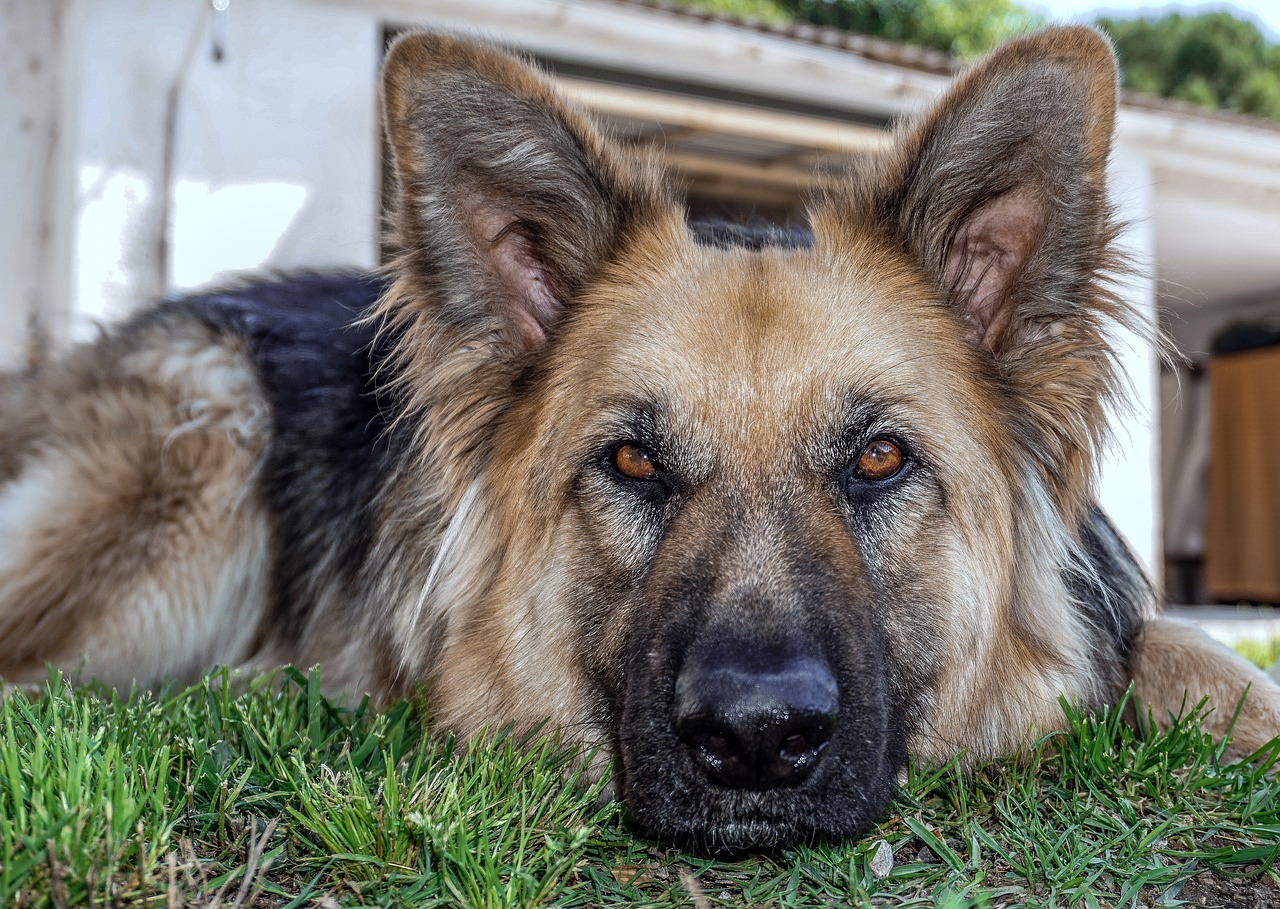As a lifelong owner and aficionado of German Shepherds, it’s clear to me that this breed is often misunderstood. Despite their popularity and well-known intelligence, many misconceptions persist about German Shepherds. So, today, I’m dispelling five of the biggest myths and misconceptions about German Shepherds, showcasing what makes these dogs truly special.

Myth 1: German Shepherds are Naturally Aggressive
One of the most common misconceptions is that German Shepherds are innately aggressive dogs. While they are highly protective and courageous, labeling them as innately aggressive is a gross misunderstanding. Their protective nature is often mistaken for aggression, but with proper socialization and training, they make loyal and loving pets. They have an instinct to protect their loved ones, but they also have a keen ability to discern threats, making them reliable and level-headed companions.
Myth 2: German Shepherds Aren’t Family Dogs
Contrary to this myth, German Shepherds can make excellent family dogs. They are known for their deep loyalty and bond to their human families, including children. With their protective nature and high intelligence, German Shepherds often thrive in a family environment. They enjoy being involved in family activities and, with proper introduction and supervision, can get along well with other pets.
Myth 3: German Shepherds are Difficult to Train
Another myth that seems to surround German Shepherds is that they are challenging to train due to their high energy levels and independence. In reality, German Shepherds are known for their intelligence and trainability. They are used in many professional capacities, such as police, search and rescue, and service dogs, because they can learn and follow complex commands. While they do require consistent and patient training, their desire to please their owners often makes them excel in various training contexts.
Myth 4: German Shepherds are Outdoor Dogs Only
While German Shepherds enjoy physical activities and time spent outdoors, they are not exclusively outdoor dogs. They thrive on companionship and should be integrated into the family’s daily life, which includes time inside the home. They are known to be quite adaptable, and while they do require plenty of exercises and mental stimulation, they also enjoy relaxing with their family members indoors.
Myth 5: All German Shepherds have Hip Problems
While it’s true that German Shepherds, like many larger breeds, can be prone to hip dysplasia, it’s a myth that every German Shepherd will develop this condition. Responsible breeding practices and proper nutrition can significantly reduce the risk. Regular vet check-ups and an active lifestyle can also contribute to your German Shepherd’s overall health. It’s essential to be aware of this potential health issue but also to know it’s not a guaranteed fate for every German Shepherd.
The moral of the story is that German Shepherds are incredibly loyal, intelligent, and adaptable dogs that can make excellent companions. Their protective nature and high trainability make them excellent working dogs, but these traits can also translate well into a family environment. German Shepherds require committed and responsible owners ready to provide consistent training, plenty of exercise, and lots of love. As with any breed, it’s important to do your research and make sure a German Shepherd would be a good fit for your lifestyle and family before bringing one home. But I can say from experience, a well-loved and well-trained German Shepherd is truly a joy to behold.
 Toledo, United States.
Toledo, United States.